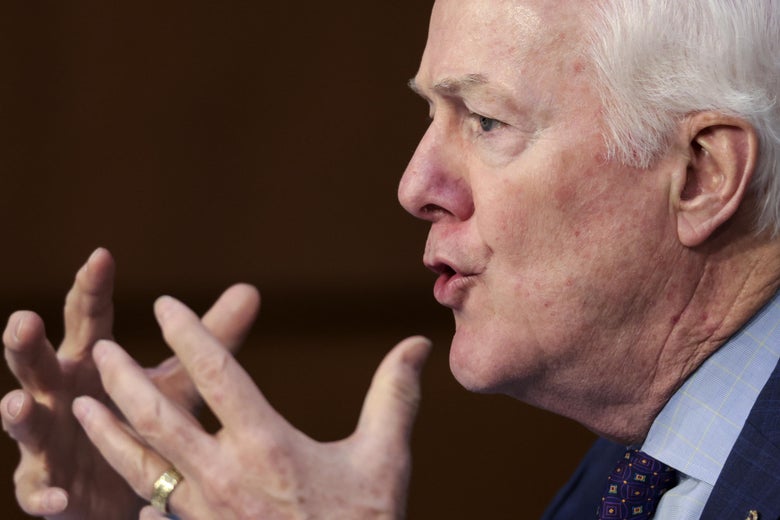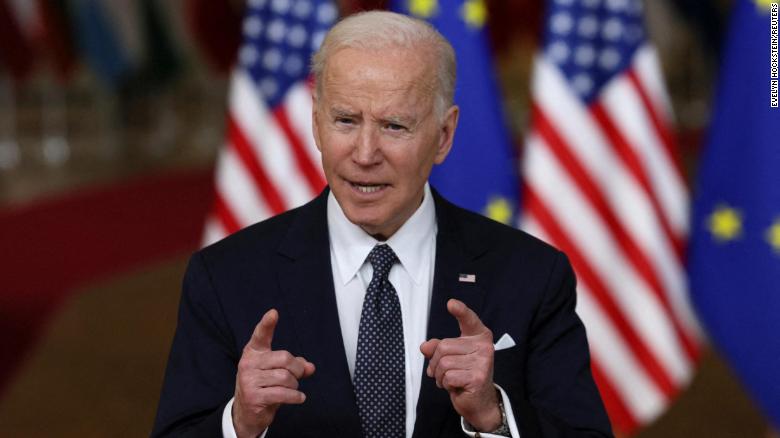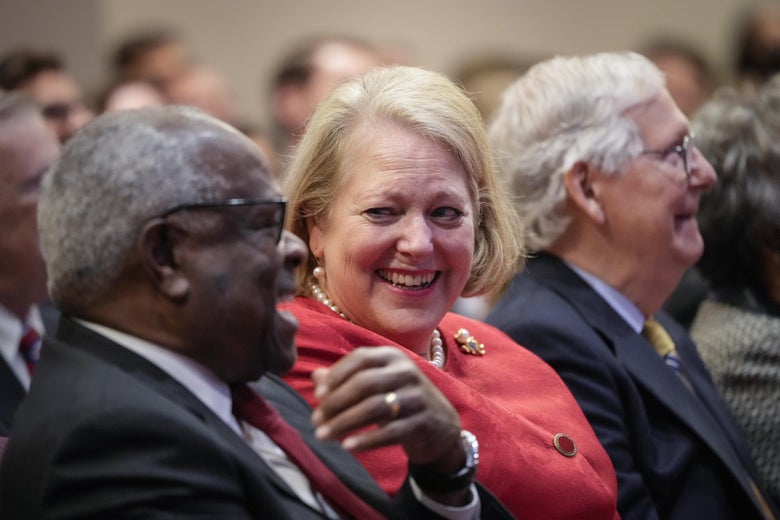
Karsen Marczuk
CTV News Lethbridge Video Journalist
Published March 25, 2022
With the Lethbridge area not seeing much snow over the past few months, the dry conditions are already causing grief for some farmers.
"We had some snow fall but most of that just blew away or blew around," said James Johnson with Johnson Fresh Farms near Taber, Alta. "It’s still extremely dry."
Just weeks away from spring seeding, Johnson calls the dry conditions just another bump in the road. But there are more bumps on the road than usual this year, like the rising cost of fertilizer and gas as a result of Russia’s attack on Ukraine.
"Especially with the high input costs right now with fuel and fertilizer, I know it's probably a little bit different for the dryland guys, they're really going have to think long and hard (about) how much fertilizer they want to risk putting on their crop," said Johnson. "We’re lucky to have irrigation."
Southern Alberta experienced a large drought throughout the summer last year, with many crops wilting away in the heat.
"We’re going into this season really lacking any sub-soil moisture at all. In some areas, there will be some top moisture, and I’ve seen some reports on that, where people think they have enough to maybe germinated, but it's not enough to carry the crop on,” said Lynn Jacobson, president of the Alberta Federation of Agriculture.
Jacobson says the lack of moisture can effect more than just crops.
"There's not going to be a lot of grass for the cattle for grazing, for people with cattle, so that's going to have an effect on people with grazing leases and even their own pastures," he said. "And hay is already tight this year, so that's just going to cause another problem."
There isn't much precipitation in the long-range forecast, something Environment Canada meteorologist Alysa Pederson says has been the trend since October.
“We only had about 88.7 mm of precipitation, which is only about 63 per cent of normal,” she said.
Pederson said much of Western Canada saw a La Nina throughout the winter, which brought less precipitation.
She says cooler but drier conditions are expected throughout the spring in the Lethbridge area.
“We’re looking at a little bit below normal, but that doesn’t mean we're going to have warm weeks, or below normal weeks, kind of averaging out through the season,” Pederson said.

With warmer weather on the horizon, Jacobson expects crop insurance to be a hot item once again this summer.
Both Johnson and Jacobson say all they can do now is cross their fingers and hope for rain.
Adam Terro
Arizona Republic

Temperatures in Phoenix hit a new record high on Friday with the weather expected to warm up even more over the weekend, according to the National Weather Service in Phoenix.
Phoenix Sky Harbor reached 96 degrees Friday afternoon, setting a new daily high-temperature record for March 25, 15 degrees above the normal temperature for the date.
The previous record of 93 degrees was set in 1990 and 1988, according to NWS Phoenix.
Temperatures are expected to increase over the weekend, peaking on Saturday with an expected high of 96 degrees and a low of 63 degrees at night, NWS meteorologist Marvin Percha said.
Forecasts for Sunday include a high of 94 degrees and a low of 61 with a slight breeze persisting throughout the weekend, Percha said.
It's the first heatwave of the spring season in the Valley, and although not hot enough is to force closures of trails and parks in Phoenix, officials are advising hikers to take precautions.
The Phoenix Parks and Recreation Services reminded those planning to go out onto trails over the weekend to be prepared and stay safe.
Hikers are encouraged to go out in the mornings and evenings in order to avoid the hottest times of the day. Additionally, hikers should dress appropriately for the weather, stay hydrated, carry a phone in case of emergencies and stay on designated trails.
The weather is expected to quickly cool off at the start of next week.
NWS forecasts showers to begin Monday and last throughout Tuesday as well. A high of 85 is expected on Monday, and temperatures will drop to 71 on Tuesday, along with an 80% chance of showers, according to Percha.
In addition to the rain, the breeze from the weekend is expected to pick up and reach gusts of up to 25 mph on Monday, according to NWS Phoenix.




/cdn.vox-cdn.com/uploads/chorus_image/image/70673597/1237979113.0.jpg)


